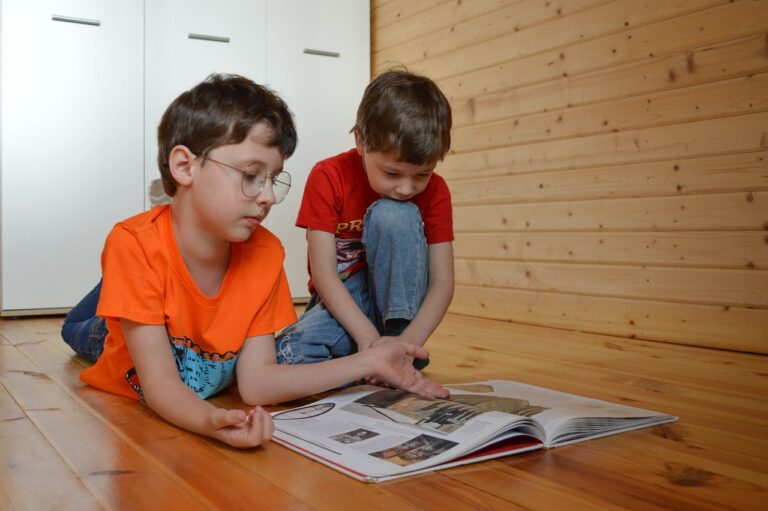The Importance of Space Exploration in STEM Education: 99 exch, Laser 247 com, Yolo 247 login
99 exch, laser 247 com, yolo 247 login: Space exploration has captivated our imagination for centuries, inspiring countless individuals to pursue careers in science, technology, engineering, and mathematics (STEM). The importance of space exploration in STEM education cannot be overstated. Not only does it foster innovation and technological advancement, but it also instills a sense of wonder and curiosity in students that can drive them towards successful careers in these fields.
1. Inspiring the Next Generation
Space exploration has a unique ability to capture the imagination of students. From the first moon landing to the recent Mars rovers, each milestone in space exploration has sparked awe and wonder in people of all ages. By incorporating space-related topics into STEM education, educators can inspire the next generation of scientists and engineers to push the boundaries of what is possible.
2. Fostering Innovation
Space exploration requires cutting-edge technology and innovative solutions to overcome the challenges of exploring the cosmos. By engaging students in hands-on projects and experiments related to space exploration, educators can foster a spirit of innovation and creativity in their students. These skills are essential for success in STEM fields and can help students develop the problem-solving abilities needed to tackle real-world challenges.
3. Encouraging Collaboration
Space exploration is a collaborative effort that brings together scientists, engineers, and researchers from around the world. By incorporating space-related projects into STEM education, students can learn the importance of teamwork and collaboration in achieving shared goals. These skills are vital for success in STEM careers, where interdisciplinary collaboration is often necessary to drive progress and innovation.
4. Building Critical Thinking Skills
Exploring the unknown requires a high degree of critical thinking and analytical skills. By engaging students in space-related projects and simulations, educators can help students develop these essential skills. From analyzing data collected by space probes to designing experiments for future missions, students can hone their critical thinking abilities through hands-on experiences related to space exploration.
5. Addressing Real-World Challenges
Space exploration is not just about exploring the cosmos; it also has real-world applications that benefit humanity. From monitoring climate change to developing new medical technologies, the innovations driven by space exploration have far-reaching implications. By incorporating these real-world applications into STEM education, educators can help students see the relevance of their studies and inspire them to make a difference in the world.
6. Providing Career Opportunities
The fields of science, technology, engineering, and mathematics offer a wide range of career opportunities for those with a passion for space exploration. By exposing students to the possibilities of careers in space-related industries, educators can inspire them to pursue further education and training in STEM fields. Whether it’s working for NASA, SpaceX, or a research institution, the opportunities for those interested in space exploration are endless.
FAQs
Q: How can educators incorporate space exploration into STEM education?
A: Educators can incorporate space exploration into STEM education by using hands-on projects, simulations, and real-world applications to engage students in the wonders of the cosmos.
Q: What skills can students develop through space-related projects?
A: Students can develop critical thinking, problem-solving, collaboration, and innovation skills through space-related projects that mimic the challenges of exploring the unknown.
Q: How can space exploration benefit society?
A: Space exploration can benefit society by driving innovation, addressing real-world challenges, inspiring the next generation of STEM professionals, and providing new career opportunities in space-related industries.







